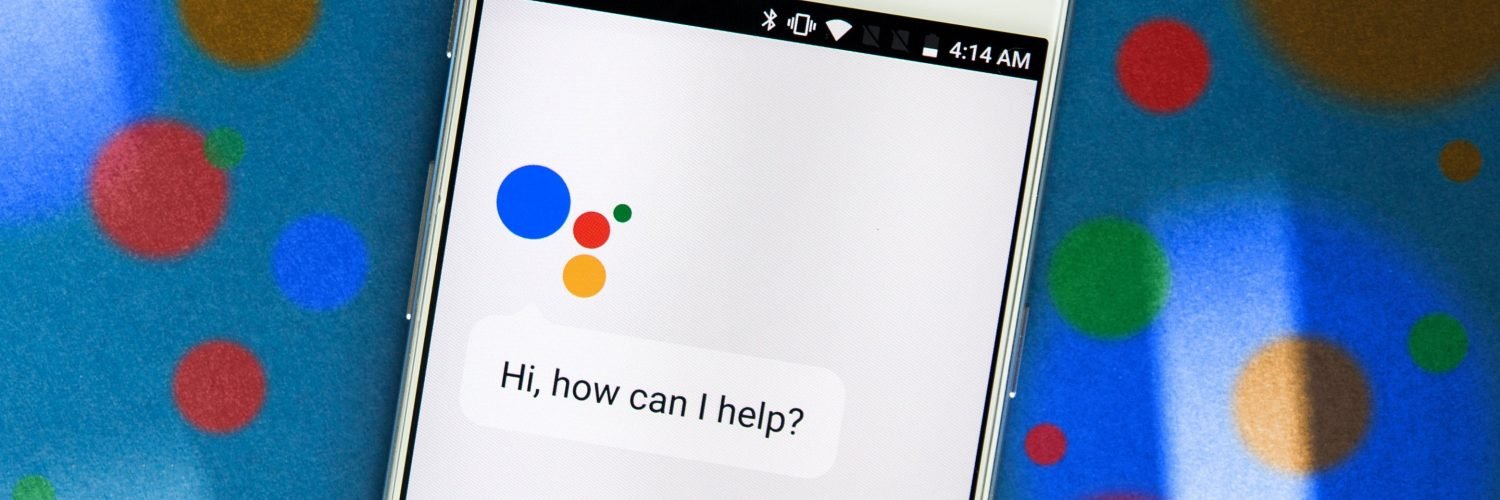Google has revealed a robo-caller that sounds just like human earlier this month and named it Duplex. Google Duplex is a robo assistant that can make calls in the background to set up a salon appointment or a restaurant reservation for you by calling those places, chatting with a human and getting the job done. At the Google I/O developer conference, company CEO Sundar Pichai explained how its Google Duplex technology can help Android users make an appointment.
The unveiling of Duplex and Google Assistant’s capabilities captured the imagination and also walked the line of being creepy. Chatting with a bot via text is one thing. Having a computer make calls for you is a whole new deal.
Around 60 percent of U.S. businesses don’t have online booking systems, according to Google. It’s been working on a way for users to give a time and date to Google Assistant, which can then make the call and set up an appointment. “It brings together all our investments over the years in natural language understanding, deep learning, text to speech,” said Pichai.
Duplex is an extension of the company’s voice-based digital assistant that automatically phones local businesses and speaks with workers there to book appointments. Google introduced Duplex earlier this month at its I/O developer conference, playing several clips of its assistant booking a hair cut and a restaurant table with impressively casual speech. Lets watch the demo in the video down below.
What you just saw is called Duplex, cutting edge technology Google said it will be releasing this summer.
Duplex really feels like next-level AI stuff, but Google’s chief executive said it’s still very much under development. Google plans to conduct early testing of Duplex inside Assistant this summer “to help users make restaurant reservations, schedule hair salon appointments, and get holiday hours over the phone.” There are ‘ums’ and ‘ahs’, and pauses and emphasis in the voice. The humans on the other end of the interaction thought nothing of having the conversation required to schedule an appointment for a haircut. Now these are some questions that you may wanna ask after watching above demo.
1. Will the person on the other end know they’re talking to a computer?
Yes. Google has said it would likely notify people who answer their phones that a computer is calling. It’s a tricky proposition, since, thanks to years of obnoxious robocalls, most of the planet is predisposed to hang-up the second they suspect a computer is on the other end. This isn’t a tech question; it’s a psychological one. Will people be willing to talking to a computer?
2. Will these calls be recorded when the system goes live? (Because, obviously, Google HAS been recording them)
Maybe. How’s THAT for a lawyerly answer? And yes, the lawyers are involved. In several US states, including Google’s home state of California, it’s against the law to record a call without both party’s consent. Google has said it will obey the law, but the question is still hanging there: would Google record your call even if it isn’t required to?
3. Will Google be listening in?
Again, this is another question for the lawyers. Eavesdropping on calls is already a crime in many places, but is it eavesdropping when a company listens to a call that its AI is making? This question will make lawmakers’ heads spin as they try to update old laws for new technology. Again.
But keep in mind Google’s biggest source of revenue is advertising, despite its motto of “Don’t be evil?.” Who’s to say Google won’t scan your calls for keywords that will then be used to advertise to you.
4. Is this the Apocalypse?
No, although this technology is likely to get weird and probably will be exploited and cause problems. While Google still has a relatively clean record when it comes to how it uses its technology, there is no reason to suspect that other companies will do the same. The question that everyone will eventually be asking when this technology gets out into the wild is: How do you know you can trust the person calling is who they say they are?
The other bit of weirdness is going to come about when companies start using this technology to receive calls. It’s not too early to envision a time when you tell the Google Assistant (or Siri or Alexa or Cortana or whoever) to make a phone call and two computers — over the phone and usually actual words — make the arrangements.




Add comment